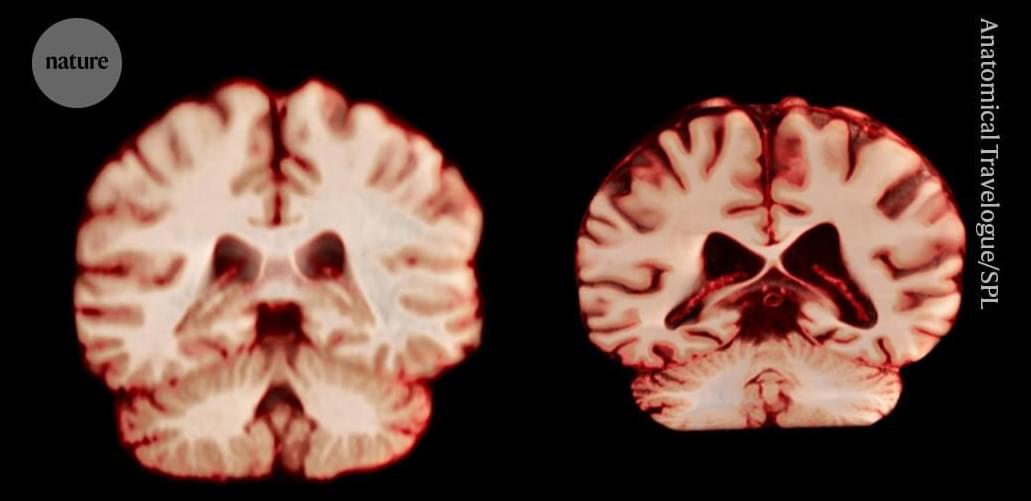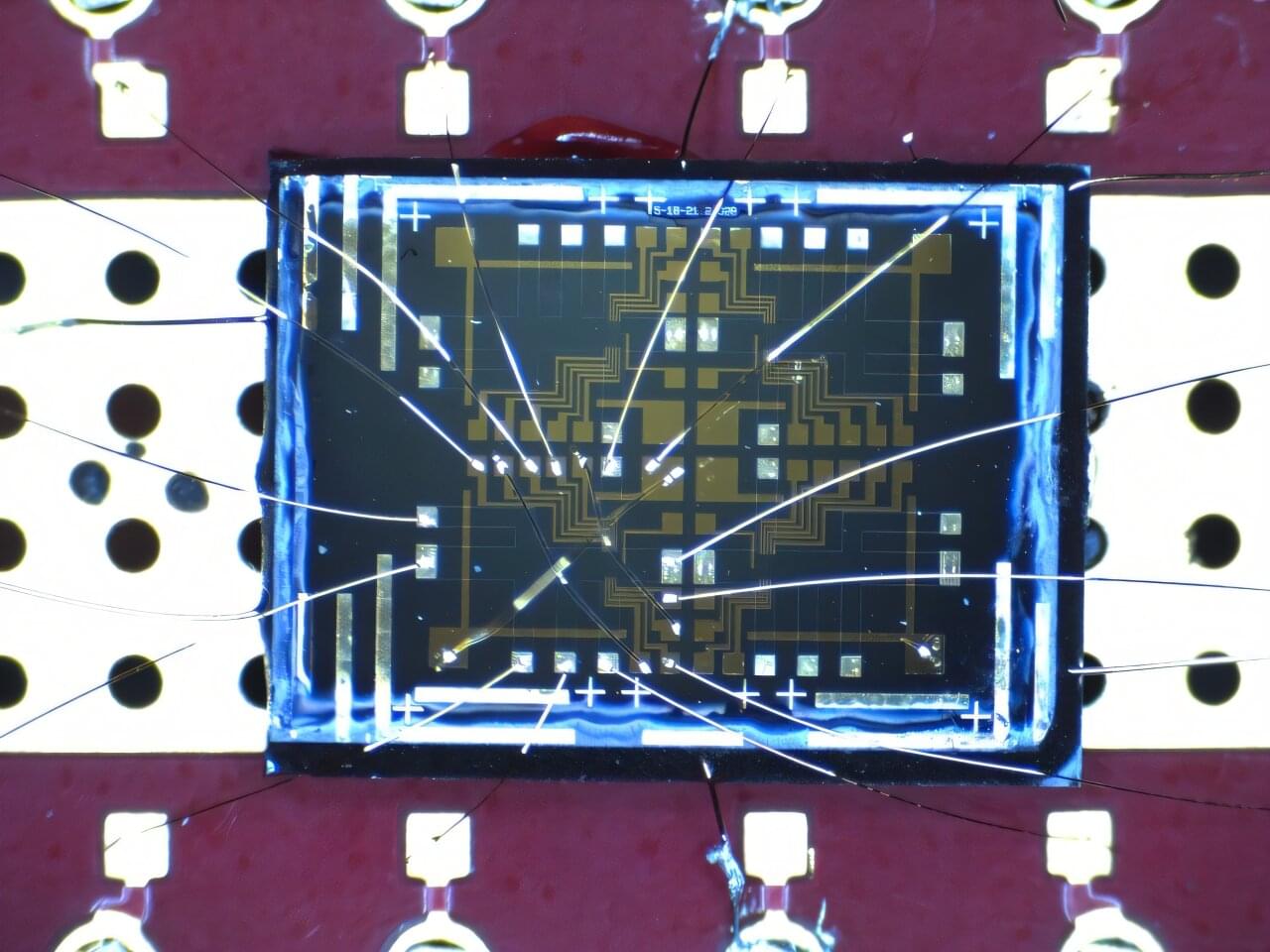A new side-channel attack called Pixnapping enables a malicious Android app with no permissions to extract sensitive data by stealing pixels displayed by applications or websites, and reconstructing them to derive the content.
The content may include sensitive private data like chat messages from secure communication apps like Signal, emails on Gmail, or two-factor authentication codes from Google Authenticator.
The attack, devised and demonstrated by a team of seven American university researchers, works on fully patched modern Android devices and can steal 2FA codes in less than 30 seconds.






